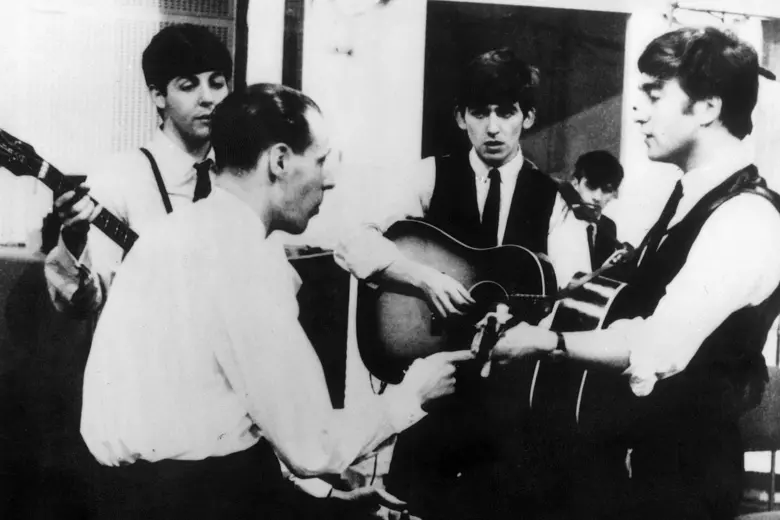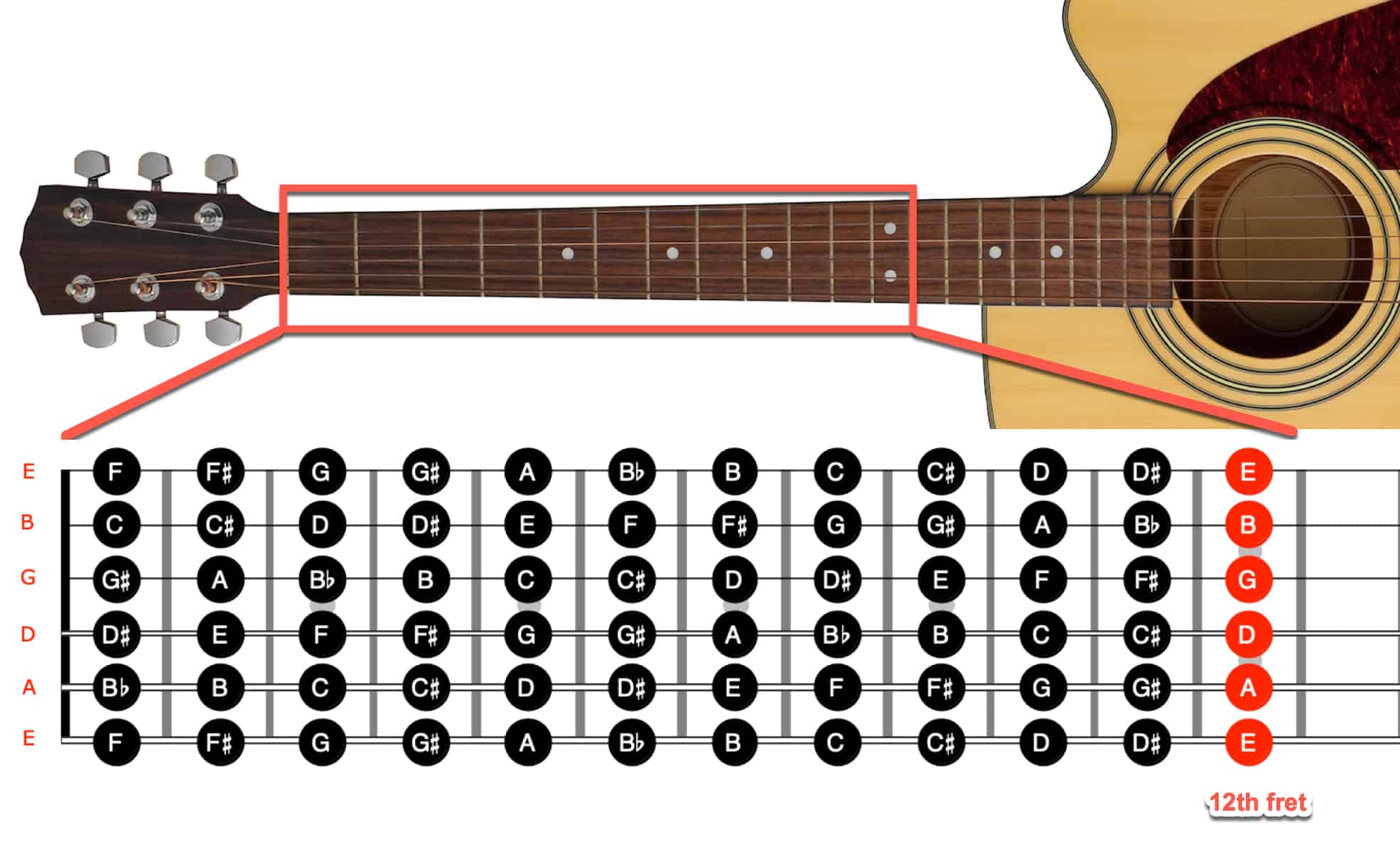The 21st century has produced what many people call ‘bedroom musicians’. Let me explain – over the years, with guitars becoming so affordable and with all the free guitar lessons online (and the top-class affordable and professional video lessons from Guitar Excellence of course), becoming a guitar prodigy is now very possible without even stepping a foot outside of your bedroom. However, as much as this has enabled so many great musicians to sprout, more and more of our generation struggles with stage fright.
So what is stage fright?
Well, as a result of the above mentioned, more and more musicians are struggling to handle all the variables that your brain throws at your body as soon as it knows that someone’s watching and criticising your performance. This is something very real that almost every musician struggles with at first, and it refers not only to playing on an actual stage, but anywhere to any audience of any size, or even just to one person. Have you ever practiced something so much that there’s absolutely no way that you can make a mistake when playing it, but then as soon as your parents or your friends are watching, all your skills suddenly fly out of the window and you sound like a 5-year old who’s picked up a guitar for the first time? If so, then you may suffer from stage fright.
There are some very exceptionally skilled musicians who never get anywhere because they just can’t seem to overcome this dilemma. What’s the point of being able to play the most amazing piece of music and perform it to perfection in your bedroom, but as soon as you have to perform it to someone, your fingers turn to spaghetti? Part of being a musician is also being a performer and if you can’t perform your songs to people, then you have something to work on.
How do I control stage fright?
Let’s check out some tips and ways that you as a musician can overcome stage fright:
1. Practice with someone listening
If you have a brother, sister, or a friend who’s always around, practice your songs not only to yourself but in front of someone every day. Get your mind used to concentrating under the pressure of someone always watching.
2. Expect to be nervous every time
I’ve been performing live for over 7 years, and I still get nervous before most of my shows. Instead of trying to fight the nerves, try and accept that you will get nervous, and prepare accordingly.
3. Know your body
Everyone’s bodies react differently to nerves. Some people’s hands get really sweaty or shaky, other people freeze up or forget random parts of the song. Know what your body (including your mind) does when nervous, and try and prepare for it as best you can before a show. E.g. my hands get slightly sweaty, and then sticky, which makes playing slides impossible, and moving up and down the fretboard one huge stumbling block. I make sure to lubricate my fretboard with lemon oil before every show as a preventative measure.
4. Know your set inside out
To help fight most of the nerves, eliminate any possibility of uncertainty. One thing that I always do before a show is I start questioning myself and get uncertain of every part that I play, which ends up being the reason I make mistakes. Make sure that you know the song so well that you can play it in your sleep! That way you will stop questioning yourself when you’re nervous. This goes hand-in-hand with the next point:
5. Whatever happens, happens!
Do your best to practice your songs and know them as well as you can, but then when you perform, stop thinking about it! Just accept that whatever happens, will happen! As much as you can plan to not make any mistakes, you will inevitably make them. The chances are though, that most people won’t notice, so just get back on your feet immediately and carry on with the song.
6. Plan for making mistakes
Practice what to do in the event of making mistakes. Always try to carry on playing the song, no matter what. No one wants to hear you apologise and then start the song all over again. When you practice by yourself, always practice carrying on no matter what. That being said, you need to be able to know the form of your song inside out as well, so that you can pick it up from any section of the song.
© Guitar Excellence 2016 All Rights Reserved
Check out our Guitar Lessons Blog for more posts like these





Comments (0)